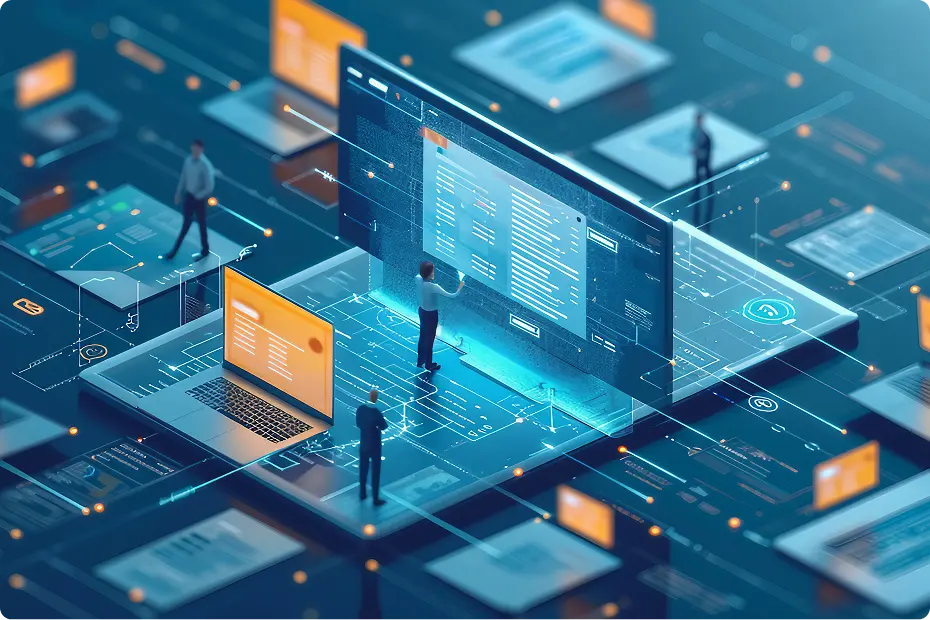The Impact of Innovative Technology and AI in Accounting


Innovative technology continues to have an impact on the accounting field. The emergence of artificial intelligence (AI), data analytics, cloud computing and other tech tools has opened the door to optimization and automation of many accounting tasks.
Advanced software systems have also revolutionized businesses in every industry, requiring those who aspire to work in accounting to become familiar with the potential and limitations of these technologies and how to use them to best meet client needs.
For those seeking a degree in accounting, it’s an area where they must develop expertise. It’s especially important for those looking to become leaders in accounting by earning a master’s degree.
As with most industries, advances in technology can lead to more efficient and effective work, if used properly. However, according to a report from the Association of Chartered Certified Accountants (ACCA), some in the accounting field may feel as if they are “living in an age of Digital Darwinism, a time where technology and society are evolving faster than many organizations can adapt to the changes.”
This is not an issue with most accountants, however. Understanding the benefits of technology, they often lead the way on adopting new technology, according to the ACCA. That’s a quality that’s never been needed more than now.
The Big Four accounting firms plan to spend billions developing AI and data analytics technologies. Accounting executives told Bloomberg this likely would result in some accounting jobs, such as invoice processing, becoming completely automated. But innovative technology will also allow accounting firms to spot trends and anomalies with access to more data.
A majority of accountants have already put cloud computing to use! According to a consulting firm Robert Half & Associates survey, 75 percent of all accountants surveyed in 2018 employ cloud computing or plan to do so soon. That's a significant increase from just two years earlier, when that number stood at 62 percent.
The following are some of the ways AI in accounting is changing the industry.
Accounting Analytics
This works for accountants in a variety of ways. Automating accounting processes allow accountants more time to analyze and find insights from data. They also can use analytics programs for continuous auditing and analyzing full data sets of financial information rather than relying on small samples.
Artificial Intelligence and Machine Learning
More than 60 percent of business leaders surveyed by the Harvard Business Review Analytic Services said future success of their business “will depend on machine learning to outdistance competitors in the future.” AI and machine learning are involved in the accounting software that can handle routine tasks and free up accountants for more strategic work. While they cannot replicate the human brain, these software programs can learn, determine what is important, “see” visual images and handle complex tasks.
Blockchain
Blockchain provides a secure transaction ledger accessed online from permitted users. It's most associated with creating transaction histories for cryptocurrency, but the technology has far more uses. A report from Deloitte speculates that blockchain could replace the centuries-old "double ledger" accounting system by allowing accountants to enter each transaction on a transparent register that is sealed and impossible to change. Deloitte reports that it is "similar to verifying transactions by a notary – only in an electronic way."
Data Security
Accountants must always be aware of data security regarding accounting processes. Those issues have multiplied with the use of cloud computing. Accountants who work with the cloud or any innovative technology must understand how data security functions in these areas.
Augmented and Virtual Reality
These immersive technologies are on the cutting edge of what technology can do. In virtual reality, a realistic 3D environment is created through which people can explore by wearing a unique headpiece. Augmented reality transposes digital images into the real world (think Pokémon Go!). The uses of these technologies are still being sorted out. However, accountants could use them to work remotely on a client's records.